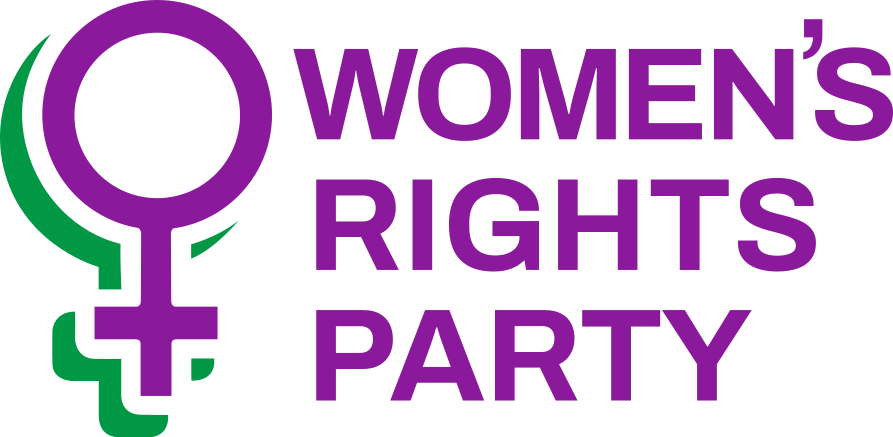There were so many holes in Paddy Gower’s investigation into transgender issues, you could write a book about it, the Women’s Rights Party says.

“Of course, several have written books outlining the harm that gender identity ideology is doing to our society,” newly elected Women’s Rights Party co-leader Jill Ovens says. “Like, for example, Kathleen Stock’s ‘Material Girls; Why Reality Matters for Feminism’, Helen Joyce’s ‘Trans: When Ideology Meets Reality’, Sheila Jeffreys’ “Gender Hurts: A Feminist Analysis of the Politics of Transgenderism‘, and Hannah Barnes’ ‘Time to Think: The Inside Story of the Collapse of Tavistock’s Gender Service for Children’.“
“Evidently, those working on the TV3 programme, ‘Issues’, have not read any of these books, and nor are they familiar with recognised definitions of ‘sex’ and ‘gender’,” she says.
“A person’s “sex” refers to a person’s biological sex (either male or female). On the other hand, ‘gender’ is an imprecise concept that refers to sex-based stereotypes and social expectations, for example, what is considered feminine and masculine. Gender identity and expression refer to the identification with, and expression of these stereotypes.”
Jill Ovens says feminists reject sex-based stereotypes. “Children who are gender non-conforming or who could grow up to be attracted to the same sex, should be supported in this. It needs to be clear that while you can change your appearance, changing your sex is not biologically possible. You can’t change your DNA for one thing.”
Among other issues with the programme, the Women’s Rights Party says:
· Intersex, or DSD (difference of sexual development), is set of rare medical condition affecting 0.018% of the population where the biological sex is indeterminate at birth or there is abnormal development of the sex organs. Intersex is not the same as transgenderism, as Paddy Gower said.
· The Ministry of Health has quietly dropped its statement that puberty blockers are “safe and reversible” in light of overwhelming medical and social evidence to the contrary with many countries restricting or banning their use with gender dysphoric children and teenagers. Paddy Gower reported that 700 New Zealand children are currently on puberty blockers. He didn’t say this was a very high rate internationally. It was telling that no New Zealand doctor was prepared to go on camera to discuss concerns of the medical profession, so they had to go to an Australian doctor.
· The conflation of cultural practices with a so-called “third gender” is highly debateable. For example, “fa’afafine” refers to biological males who are raised as females and is largely based on a person’s role in the family.
· There was no questioning as to why there has been such a huge shift in transgenderism to young women identifying as boys and men, and whether this may be related to social media influencers and social contagion among peer groups.
· The effects of gender reassignment surgery were minimised as “top” surgery (e.g. double mastectomy resulting in inability to breastfeed, or breast augmentation for biological males) and “bottom” surgery where male genitalia (i.e. the penis) is removed and females undergo hysterectomy (removal of the uterus) or removal of the ovaries and fallopian tubes. Since 2020 in New Zealand, such surgeries are publicly funded through the private sector. Paddy Gower emphasised the number of New Zealanders on the waiting list, clearly promoting the need for more accessibility of such procedures, essentially putting money into the pockets of private surgeons.
· There was no mention of those who have undergone puberty blockers, hormone therapy and/or gender reassignment surgery who later have serious regrets. Those who “detransition” often report how their medical treatment destroyed their life physically and mentally.
· Finally there was no mention of the indoctrination of children in gender ideology from Year 1 in our nation’s schools, or the capture of our public institutions through publicly funded charities such as Inside Out.
“The programme glossed over very real concerns of New Zealanders and reinforced the only acceptable media narrative. Whatever happened to journalistic standards of balance and objectivity?” asks Jill Ovens.
